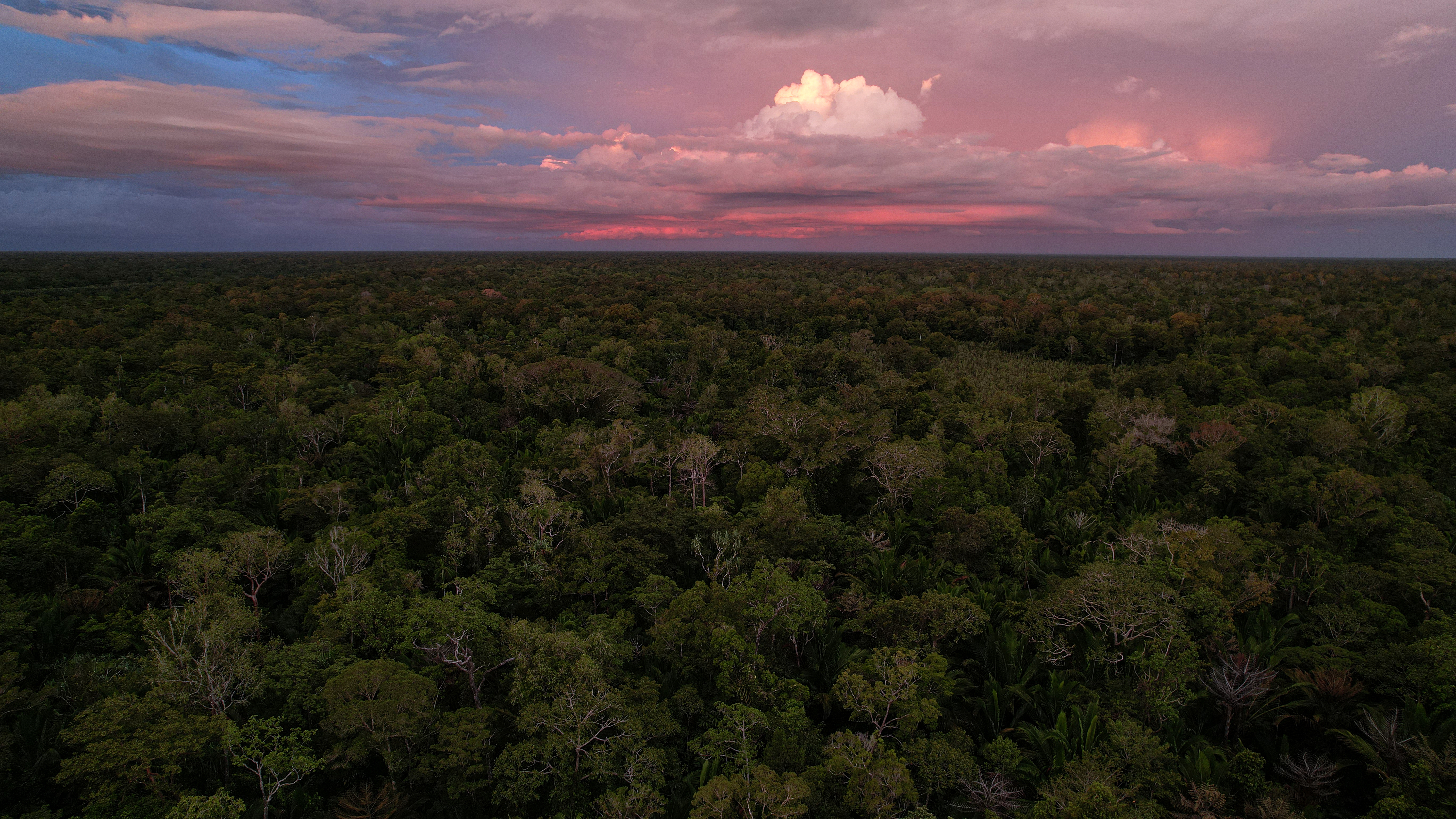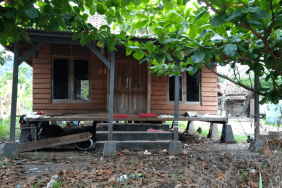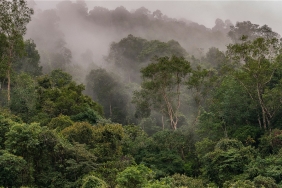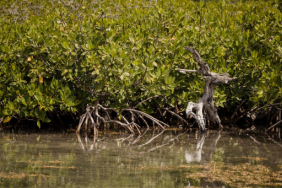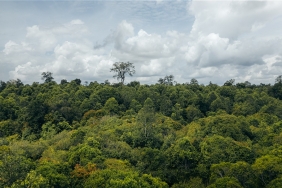TRAINING ON SECURING BIODIVERSITY IN MAHAKAM ULU
By: Sri Jimmy Kustini
WWF-Indonesia in collaboration with the Department of Agriculture and Forestry of Mahakan Ulu Regency and PT Ratah Timber, held a training and workshop on biodiversity safeguard at PT Ratah Timber Camp, Mamahaq Teboq, Mahakam Ulu, North Kalimantan, on June 3-5, 2014. In addition to strengthening the capacity of the parties involved (government, private sector and community), this training also aims to monitor forest utilization to ensure the sustainability of the biodiversity contained therein.
Since 2012, WWF-Indonesia and Kyoto University Japan, together with PT Ratah Timber, have been conducting a study on the impact of industrial logging (logging) on forests and biodiversity in the PT Ratah Timber area. In 2012-2014, the study was conducted using vegetation count plots and randomly placed camera traps (camera traps) in the 93,000 ha concession.
WWF-Indonesia's Project Leader for Mahakan Ulu, Arif Data Kusuma, said, "The biodiversity safeguard study conducted at PT Ratah Timber can be a reference for the Mahakan Ulu district government and the concession for sustainable forest management."
The Head of the Forestry Division of the Mahakam Ulu Agriculture and Forestry Service, Yason Liah, welcomed this activity, because it would be very useful for government staff, whose activities are in direct contact with the timber concession owners in Mahakam Ulu. "This activity is expected not to stop at training and workshops, but later there will be a follow-up process from the participants of this activity," he said.
The training will be divided into three sessions and attended by representatives of the Mahakam Ulu Agriculture and Forestry Service, technical staff of PT Ratah Timber and other Forest Management Rights (HPH) companies, Kyoto University, WWF-Japan and WWF-Indonesia. The first session was held with the aim of improving the knowledge and skills of staff and managers in the management of biodiversity safeguard activities in concession areas. In addition, through the first session, it is also expected that participants will improve in using camera traps and data analysis.
Prof. Kitayama, one of the resource persons from Kyoto University, said that the implementation of biodiversity safeguards in forest management units requires the willingness of Timber Forest Product Utilization Permit (IUPHHK) holders to synergize timber production and the environment in sustainable forest management and meet existing criteria and procedures.
The workshop took place in session two and was attended by participants from several timber companies that have concession areas in Mahakam Ulu. This workshop was intended as a forum for sharing between concession companies regarding experiences, information and knowledge about the results of biodiversity safeguards studies that have been carried out. And in the final session, the participants visited the location of vegetation counting plots and camera traps previously installed by WWF-Indonesia.

